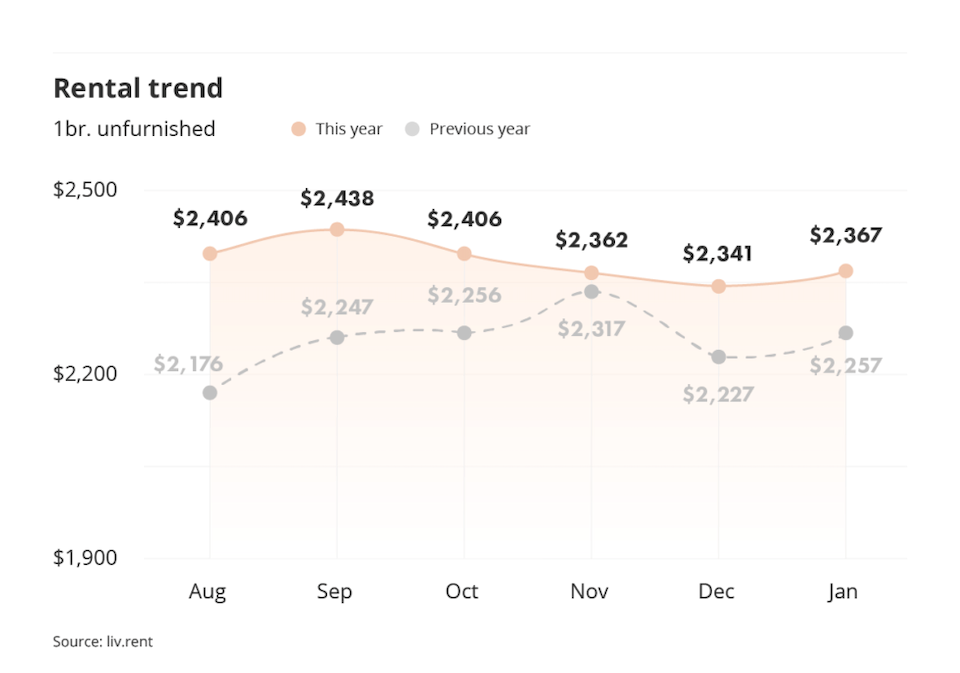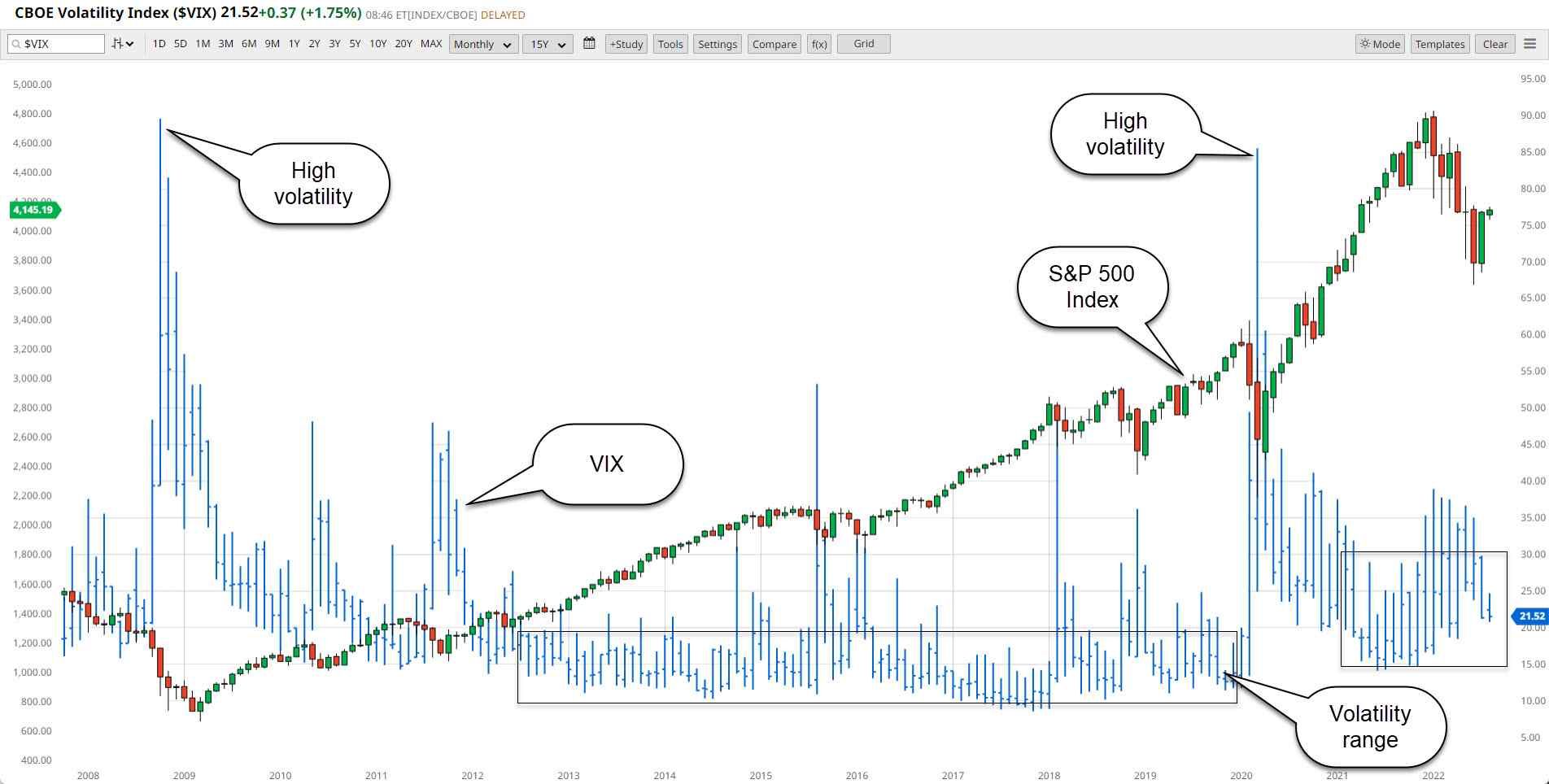Housing Costs In Metro Vancouver: Rent Increases Ease, But Challenges Persist

Table of Contents
Recent Trends in Metro Vancouver Rent Prices
Slowdown in Rent Increase Rates
While Metro Vancouver housing costs remain high, there are signs of a slowdown in rent increases. Compared to the double-digit percentage increases seen in previous years, recent data from sources like Statistics Canada and the Canada Mortgage and Housing Corporation (CMHC) show a more moderate pace. This moderation is a welcome change, though the overall cost of renting remains substantial.
- Specific Percentage Decrease: While precise figures fluctuate depending on the source and area, some reports indicate a decrease in the rate of rent increases to around 3-5% in certain areas of Metro Vancouver in the past year, compared to 10-15% in previous years.
- Comparison to Previous Years' Increases: The current slowdown marks a significant shift from the rapid escalation witnessed in the preceding years, offering a degree of relief to renters.
- Regional Variations: The decrease in rent increase rates is not uniform across Metro Vancouver. While some areas, like parts of Vancouver city itself, show slightly less dramatic increases, others may still see steeper rises, reflecting the varied nature of the rental market.
Rental Vacancy Rates
Rental vacancy rates provide another key indicator of market trends. While still historically low, recent data suggests a slight uptick in vacancy rates in certain Metro Vancouver municipalities. This increase, however small, hints at a cooling rental market.
- Current Vacancy Rates Compared to Previous Years: Although still low compared to other major Canadian cities, vacancy rates in certain regions of Metro Vancouver have risen marginally, signaling a potential easing of the extreme tightness observed in previous years.
- Regional Variations in Vacancy Rates: Vacancy rates vary considerably across Metro Vancouver, with some areas showing more significant increases than others. This disparity reflects differences in rental supply, demand, and local market dynamics.
- Impact of New Rental Construction: Increased rental construction projects, while still insufficient to meet overall demand, are contributing to the slight improvement in vacancy rates in certain areas.
Persistent Challenges in Metro Vancouver's Housing Market
Despite the recent slowdown, significant challenges persist in Metro Vancouver's housing market. Affordability remains a major concern for many residents.
High Housing Costs Remain
Even with the easing of rent increases, housing costs in Metro Vancouver remain exceptionally high compared to other major Canadian cities and many global counterparts. The high cost of living extends beyond rent to encompass groceries, transportation, and other essential expenses.
- Comparison of Average Rent/Home Prices: Average rents and home prices in Metro Vancouver consistently rank among the highest in Canada, significantly surpassing those in cities like Toronto or Montreal.
- Affordability Index Data: Various affordability indices consistently show Metro Vancouver as having extremely low housing affordability, indicating that a significant portion of the population struggles to meet housing costs.
- High Cost of Living Beyond Rent: The overall high cost of living in Metro Vancouver exacerbates the housing affordability crisis, making it difficult for residents to manage even with moderate rent increases.
Limited Housing Supply
A persistent shortage of rental units and affordable housing options fuels the affordability crisis. The demand for housing consistently outstrips the supply.
- Demand Exceeding Supply: The imbalance between housing demand and supply continues to drive up prices and limit choices for renters and homebuyers.
- Impact of Zoning Regulations: Restrictive zoning regulations in many areas of Metro Vancouver have hindered the development of new housing, particularly higher-density options that could increase supply.
- The Need for Increased Density and Affordable Housing Initiatives: Addressing the housing shortage requires a multi-pronged approach, including increased density through innovative zoning, and significantly expanded affordable housing initiatives.
Impact on Different Demographics
High housing costs disproportionately impact vulnerable populations, creating significant societal challenges.
- Statistics Highlighting the Challenges: Low-income families, seniors, and recent immigrants are particularly vulnerable to the high cost of housing, often facing difficult choices between housing and other essentials.
- Discussion of Government Support Programs: While government support programs exist, they often fall short of meeting the needs of these vulnerable groups, highlighting the need for more robust and targeted initiatives.
Government Initiatives and Future Outlook
Addressing Metro Vancouver's housing crisis requires effective government policies and a long-term strategic approach.
Current Government Policies
Various levels of government have implemented policies aimed at increasing housing affordability. However, their effectiveness remains a subject of ongoing debate.
- Examples of Policies: These include rent control measures, incentives for building affordable housing, and programs offering financial assistance to renters and homebuyers.
- Evaluation of Their Impact: The impact of these policies varies, and their effectiveness is often debated due to complexities and limitations inherent to their implementation.
- Discussion of Any Limitations: Many policies face challenges such as limited funding, bureaucratic hurdles, and the complexity of navigating the intricate housing market.
Predictions for the Future
The future of Metro Vancouver's housing market depends on several factors, including government policy, economic conditions, and technological advancements.
- Projected Rent and Home Price Trends: While predicting precise figures is difficult, experts anticipate a continued, albeit slower, increase in both rents and home prices, depending on how successfully the government can address the supply shortage.
- Potential Impact of Future Policy Changes: Future policy changes could significantly influence housing costs and affordability. More ambitious initiatives are needed to substantially shift the market dynamics.
- Discussion of Long-Term Solutions: Long-term solutions necessitate a comprehensive strategy incorporating increased supply, improved affordability programs, and a focus on sustainable and innovative housing solutions.
Conclusion
While the rate of rent increases in Metro Vancouver has eased somewhat, the region continues to grapple with a significant housing affordability crisis. High housing costs, limited supply, and the disproportionate impact on vulnerable populations remain major concerns. Staying informed about changes in the Metro Vancouver housing market is crucial. We encourage readers to advocate for policies that promote housing affordability, research available resources for affordable housing, and regularly check for updates on Vancouver rent and housing initiatives to stay ahead of the curve. Understanding the complexities of Metro Vancouver housing costs is the first step toward finding solutions to this pressing issue.

Featured Posts
-
 Chat Gpt Developer Open Ai Faces Ftc Investigation
Apr 28, 2025
Chat Gpt Developer Open Ai Faces Ftc Investigation
Apr 28, 2025 -
 Cocaine Found At White House Secret Service Ends Investigation
Apr 28, 2025
Cocaine Found At White House Secret Service Ends Investigation
Apr 28, 2025 -
 T Mobile Data Breaches Result In 16 Million Penalty
Apr 28, 2025
T Mobile Data Breaches Result In 16 Million Penalty
Apr 28, 2025 -
 Individual Investors Response To Market Volatility A Deeper Look
Apr 28, 2025
Individual Investors Response To Market Volatility A Deeper Look
Apr 28, 2025 -
 The Difficult Transition Laid Off Federal Workers Seeking State And Local Positions
Apr 28, 2025
The Difficult Transition Laid Off Federal Workers Seeking State And Local Positions
Apr 28, 2025
Latest Posts
-
 Yankees Avoid Historic Sweep With Offensive Explosion And Rodons Pitching Masterclass
Apr 28, 2025
Yankees Avoid Historic Sweep With Offensive Explosion And Rodons Pitching Masterclass
Apr 28, 2025 -
 Williams Implosion Key Factor In Yankees Loss To Blue Jays
Apr 28, 2025
Williams Implosion Key Factor In Yankees Loss To Blue Jays
Apr 28, 2025 -
 Rodons Strong Start Yankees Offense Power Comeback Win Against Opponent Name
Apr 28, 2025
Rodons Strong Start Yankees Offense Power Comeback Win Against Opponent Name
Apr 28, 2025 -
 Yankees Rally Past Opponent Name Rodon Dominates In Crucial Victory
Apr 28, 2025
Yankees Rally Past Opponent Name Rodon Dominates In Crucial Victory
Apr 28, 2025 -
 Yankees Collapse Devin Williams Another Costly Outing Against Blue Jays
Apr 28, 2025
Yankees Collapse Devin Williams Another Costly Outing Against Blue Jays
Apr 28, 2025
